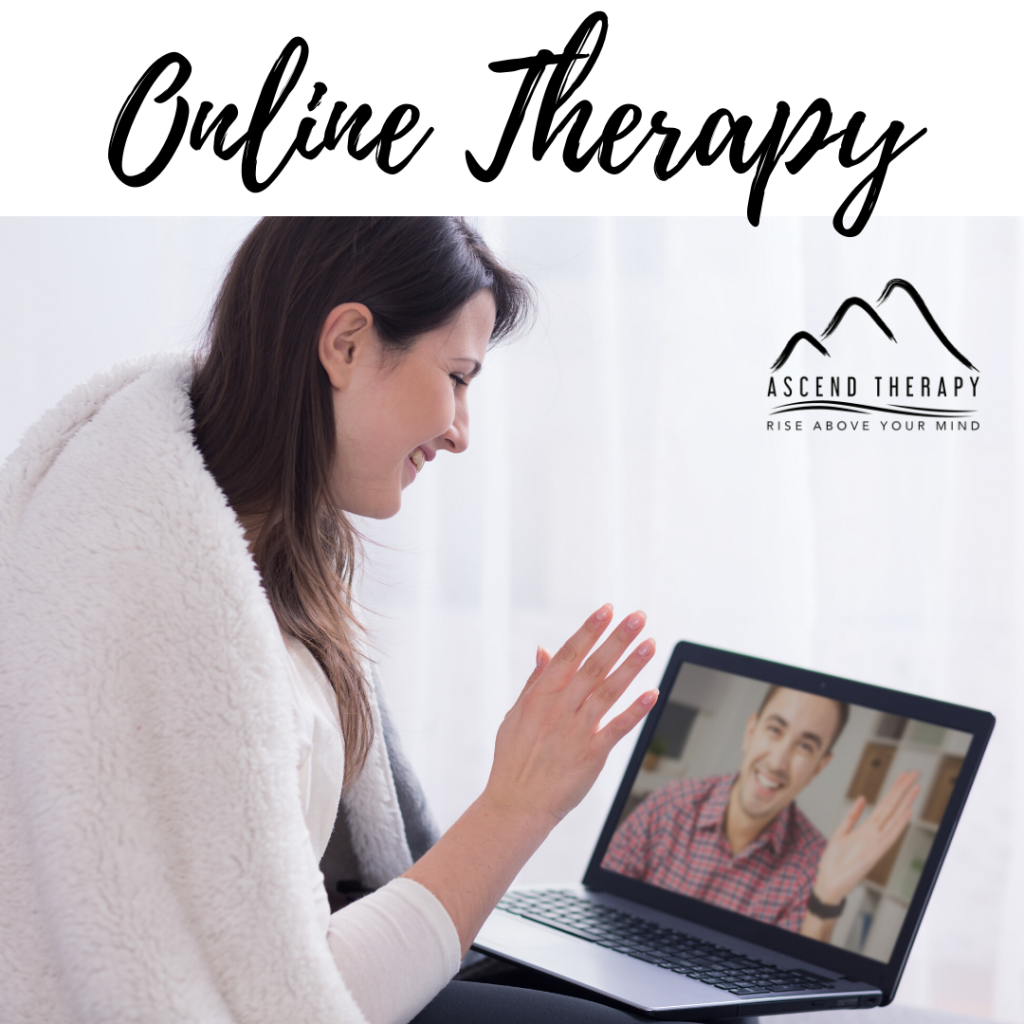Digital Healing: Unlocking the Benefits of Online Therapy
In today's fast-paced world, the demand for mental health support has never been more evident. Many individuals are seeking ways to access therapeutic services conveniently and affordably. Online therapy has emerged as a promising solution, offering individuals the opportunity to connect with licensed mental health professionals from the comfort of their own space. This innovative approach to therapy not only breaks down geographical barriers but also provides a range of benefits that traditional in-person therapy may not offer.
One of the key advantages of online therapy is its cost-effectiveness. Low-cost online therapy options make mental health support more accessible to a wider population, removing financial barriers that may have previously prevented individuals from seeking help. The affordability of online therapy allows individuals to receive the support they need without worrying about high costs, making it a viable and attractive option for many. This accessibility to quality mental health care can significantly improve overall well-being and contribute to a more psychologically healthy society.
Benefits of Online Therapy
Online therapy offers a convenient and accessible way to access mental health support. With the rise of virtual therapy platforms, individuals can now engage in therapy sessions from the comfort of their own homes. This eliminates the need to travel to a physical location, saving both time and effort.
One of the key benefits of online therapy is the flexibility it provides. Clients can schedule therapy sessions at times that work best for their busy lifestyles, including evenings or weekends. This flexibility allows individuals to prioritize their mental wellbeing without having to rearrange their entire schedule.
Additionally, low-cost online therapy options make mental health support more affordable and accessible to a wider range of people. Many online therapy platforms offer subscription-based services or discounted rates, making it a cost-effective alternative to traditional in-person therapy.
Accessibility of Online Therapy
Online therapy offers an accessible way for individuals to receive support from licensed therapists without the constraints of location or transportation. affordable counseling allows individuals living in remote areas or those with physical limitations to easily connect with a therapist from the comfort of their own environment.

Moreover, the low cost of online therapy makes mental health care more affordable and accessible to a broader range of people. This affordability eliminates financial barriers that may prevent some individuals from seeking traditional in-person therapy, ensuring that mental health support is within reach for more individuals regardless of their financial situation.
Additionally, the convenience of scheduling online therapy sessions around one's own availability promotes greater accessibility. This flexibility is especially beneficial for individuals with busy schedules or those balancing work, school, and family commitments, making it easier for them to prioritize their mental health without having to disrupt their daily routines.
Effectiveness of Online Therapy
Online therapy has been shown to be just as effective as traditional in-person therapy for various mental health conditions. Research studies have indicated that individuals receiving online therapy experience similar levels of improvement in their symptoms compared to those undergoing traditional face-to-face therapy sessions.
One of the key advantages of online therapy is the convenience it offers to individuals. Being able to access therapy from the comfort of one's own home eliminates barriers such as transportation issues, time constraints, and the need to take time off work. This convenience factor can result in better engagement and consistency in attending therapy sessions.
Moreover, online therapy can be particularly beneficial for individuals seeking low-cost therapy options. Many online therapy platforms offer flexible pricing plans, making mental health support more accessible to a wider range of people who may not have the financial means to afford traditional therapy services. This affordability aspect can make a significant difference in ensuring individuals receive the help they need without financial strain.